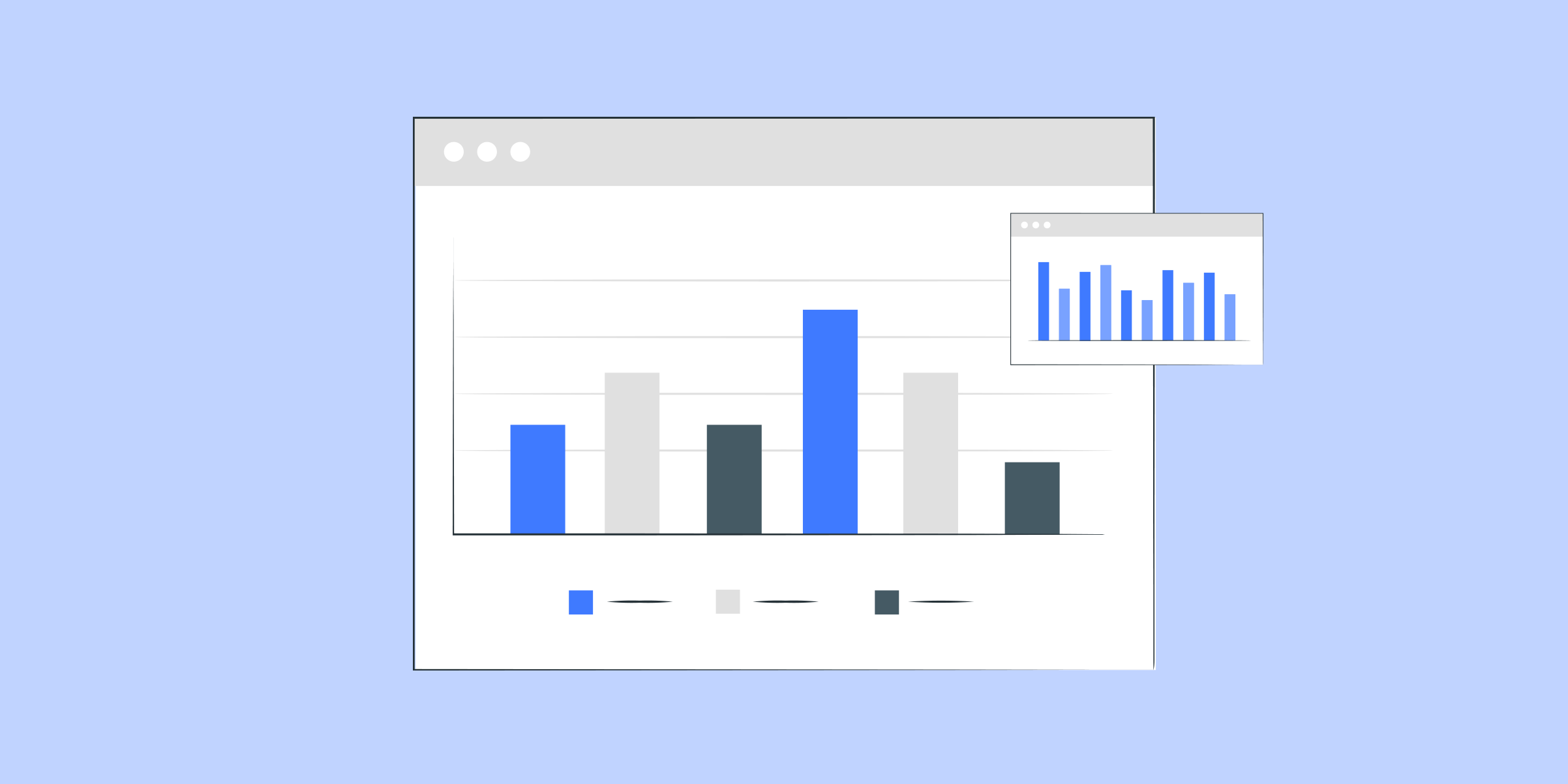住宅代理
來自真實 ISP 的白名單 200M+ IP。 透過儀表板管理/取得代理程式。

代理服務
抓取工具
從所有網站收集公開結構化數據
代理
住宅代理
來自真實 ISP 的白名單 200M+ IP。 透過儀表板管理/取得代理程式。
開始於
$0.6/ GB
Socks5代理
190多個地點超過2億個真實IP,
開始於
$0.03/ IP
無限住宅代理
IP與流量無限使用,AI智能輪換住宅代理
開始於
$1816/ MONTH
輪換 ISP 代理
ABCProxy 的輪替 ISP 代理程式可保證較長的會話時間。
開始於
$0.4/ GB
靜態住宅代理
持久專用代理、非輪換住宅代理
開始於
$4.5/MONTH
數據中心代理
使用全球穩定、快速、強勁的 700K+ 資料中心 LP。
開始於
$4.5/MONTH
移動代理
來自真實 ISP 的白名單 200M+ IP。 透過儀表板管理/取得代理程式。
開始於
$1.2/ GB
English
繁體中文
Русский
Indonesia
Português
Español
بالعربية

Title: 如何檢查 IP 位址是否為代理伺服器: 全面指南
導言:
隨著網絡威脅不斷增加,網絡安全日益受到關注。惡意行為者常用的一種策略是通過使用代理伺服器來隱藏其身份和位置。在本文中,我們將探討檢查 IP 位址是否為代理伺服器的不同方法,以確保您能夠保護自己免受潛在風險。
1. 了解代理伺服器:
在我們探討檢測代理伺服器的方法之前,了解它們的重要性是很重要的。代理伺服器充當您的設備與互聯網之間的中介。它掩飾了您的 IP 位址,使網站更難追蹤您的位置和身份。
2. 使用在線代理檢測工具:
檢查 IP 位址是否為代理伺服器的最簡單方法之一是使用在線代理檢測工具。這些工具分析 IP 位址的特徵並提供有關其可能為代理伺服器的信息。一些流行的在線代理檢測工具包括 IPQualityScore、IP2Proxy 和 ProxyCheck。
3. 分析 IP 位址標頭:
代理伺服器通常會向請求添加額外的標頭。通過檢查請求的標頭,您可以確定它是否通過代理伺服器。查找標頭,例如“X-Forwarded-For”或“Via” - 這些通常是代理伺服器添加的。
4. 檢查 IP 聲譽數據庫:
有許多 IP 聲譽數據庫包含與代理使用或惡意活動相關的 IP 位址信息。通過查詢這些數據庫,您可以確定一個 IP 位址是否有與代理伺服器相關的歷史。一些流行的 IP 聲譽數據庫包括 Project Honeypot、Spamhaus 和 StopForumSpam。
5. 執行反向 DNS 查找:
反向 DNS 查找涉及查詢 DNS 伺服器,找到與給定 IP 位址關聯的主機名。代理伺服器通常具有通用或不尋常的主機名,因為它們通常由多個用戶共享。通過執行反向 DNS 查找,您可以識別與所討論的 IP 位址相關的可疑主機名。
6. 分析網絡行為:
代理伺服器可能展示出通過流量分析可識別的某些網絡行為。查找特徵,例如出站連接的高容量、不尋常的端口使用或一致的往返時間。這些異常可能表明存在代理的存在。
7. 執行地理位置檢查:
地理位置檢查涉及將與 IP 位址關聯的物理位置與用戶聲稱的位置進行比較。如果存在顯著差異,這可能表明使用了代理伺服器。IP2Location 或 MaxMind等服務提供全面的地理位置數據庫,可幫助進行該分析。
結論:
在當今的數字景觀中,保護自己免受在線威脅是至關重要的。通過檢查 IP 位址是否為代理,您可以減輕潛在風險並確保您的在線活動安全。使用在線代理檢測工具、分析 IP 位址標頭、檢查 IP 聲譽數據庫、執行反向 DNS 查找、分析網絡行為和實施地理位置檢查都是識別代理伺服器使用的有效方法。保持警惕並採取積極措施,確保您的在線安全。
相關文章

什麼使代理服務優秀:理解基本要素
一個優秀的代理服務充當您的設備和互聯網之間的中介,為您提供隱私、安全性和匿名性保護層。它允許您訪問網站和在線服務,同時掩蓋您的原始 IP 地址,使他人難以跟蹤您的網絡活動。有幾個關鍵功能使代理服務優秀。首先,它應提供高水平的安全性,採用加密協議保護您的數據免受偷窺。這確保您的敏感信息,如登錄憑證或信用卡詳細信息,在瀏覽時保持安全。其次,一個優秀的代理應提供快速可靠的連接速度。慢速代理可能嚴重影響您的在線體驗,引起令人沮喪的延遲和緩衝問題。高效的代理服務可降低延遲,提供流暢的瀏覽和流媒體功能。此外,一個好的代理應該在不同國家擁有廣泛的服務器位置。這一特點使您可以

使用VIP Socks代理以增強線上安全性的好處
Are you tired of being blocked from accessing certain websites due to geo-restrictions or IP blocking? Look no further than VIP socks proxy. In this blog post, we will explore the benefits of using VIP socks proxy and how it can enhance your browsing experience.VIP socks proxy is a type of proxy server that offers high-level security and anonymity while browsing the internet. Unlike regular proxies, socks proxies work at the socket level, making them versatile and compatible with various applications and protocols. This means that you can use VIP socks proxy not only for web browsing but also for online gaming, P2P file sharing, and other activities that require internet connectivity.One of the major advantages of using VIP socks proxy is the ability to hide your real IP address. By connecting to a socks proxy server, your internet traffic is routed through an intermediary server, making it appear as though you are browsing from a different location. This is particularly useful for use